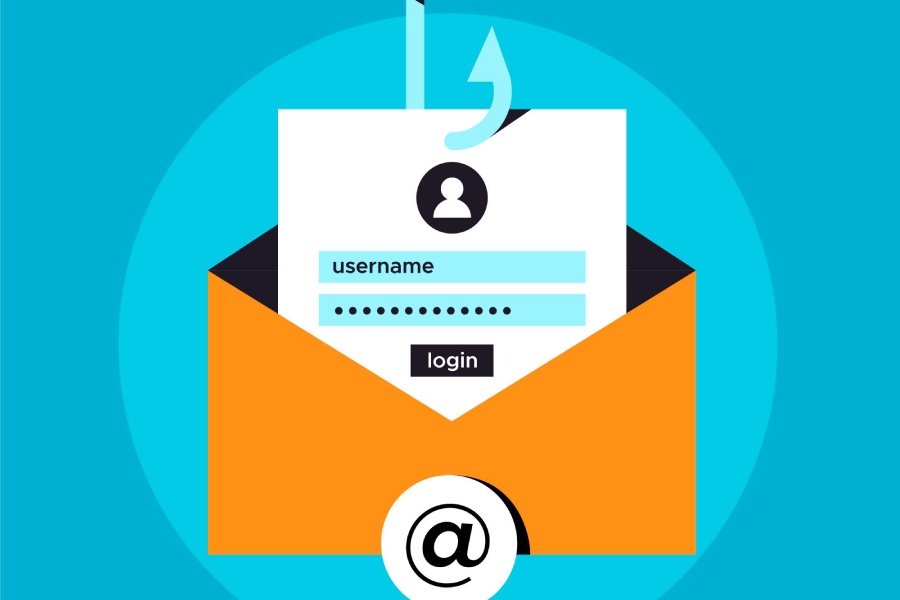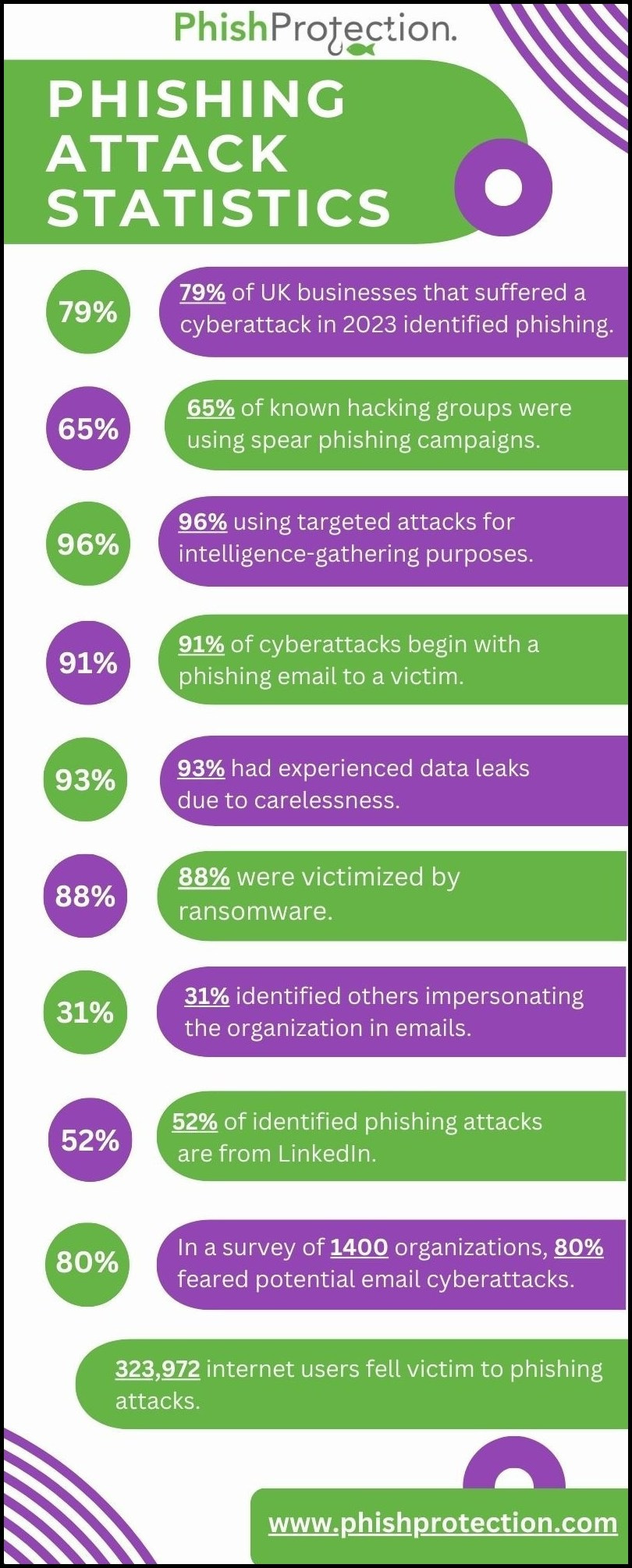Phishing attacks have become quite rampant over the last few decades. And the latest victim is none other than the esteemed co-founder of Nest Wallet- Bill Lou. He fell prey to a phishing scam whereby he lost a whopping $125,000.
The CEO and co-founder of this reputed crypto wallet unsuspiciously clicked on one of the top-ranking search results on Google and got diverted to a fake website.
The website looked quite similar to a legit LFG token airdrop, which tricked Lou into clicking on it and losing 52 stETH tokens.
How Did the LFG Token Airdrop Scam Transpire?
The LFG token airdrop event was meant to initiate rewards to Ethereum users. The criteria required the Ethereum users to spend over $4,269 in translation fees for the year 8 years. The key idea was to include these users in the Solana blockchain network.
Phishing experts decided to make the most out of this crypto event and gain access to users’ precious funds.
The fake high-ranking URL managed to deceive Bill Lou and compelled him to click on the malicious link. Thereby, he got redirected to a fake website that was impersonating the legit site called lessfeesandgas.org.
Lou kept following the link and believed that it was a normal article to guide him for the airdrop event and would help him sign a message.
The co-founder and CEO further went ahead to state that he used METAMASK instead of Nest Wallet. He did this because the latter was undergoing some tests and bug-fixing procedures.
However, Lou believes that Nest Wallet would have spotted the scam as it has a feature called transaction simulation. The same is missing from METMASK.
Words of Advise By Lou!
Lou believes that this is not the right time to promote his product. However, he mentioned the feature of his product to prevent naive crypto users from falling prey to future phishing scams. But some social media users have trolled him for promoting Nest Wallet.
A user named Nick Bax has voiced his opinion that, just like METAMASK, Nest Wallet also falls short in providing efficient protection from phishing attacks.
Lou further took to X to share about his ordeal and further requested users to check for official X accounts for links. Additionally, he advised using multi-sig wallets for better cybersecurity.
Lou Alone Wasn’t The Only Target Of The Scammers!
The phishing attack did not just rob Lou of his funds but also gained access to the funds of other victims who happened to click on similar malicious links. Even the LFG airdrop authorities have issued an official statement that acknowledges the existence of multiple scam accounts. These fake accounts mimic the official LFG airdrop event to break into the crypto funds of naive users.
The LFG authority wants users to come up and report these fake accounts actively in order to prevent a future iteration of this mishap.
Digitization has undoubtedly opened the door to growth and opportunities. However, incidents like these are a stark reminder of the quote – “With the good comes the bad.”



